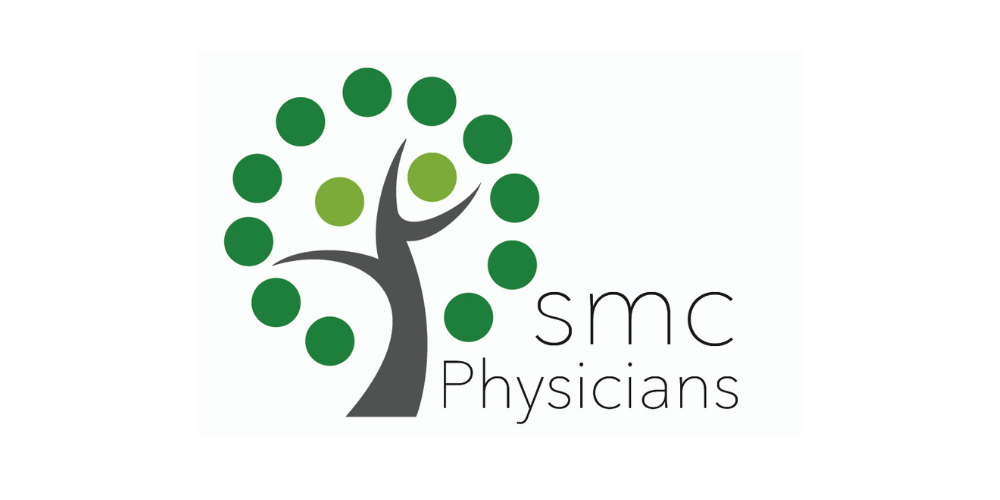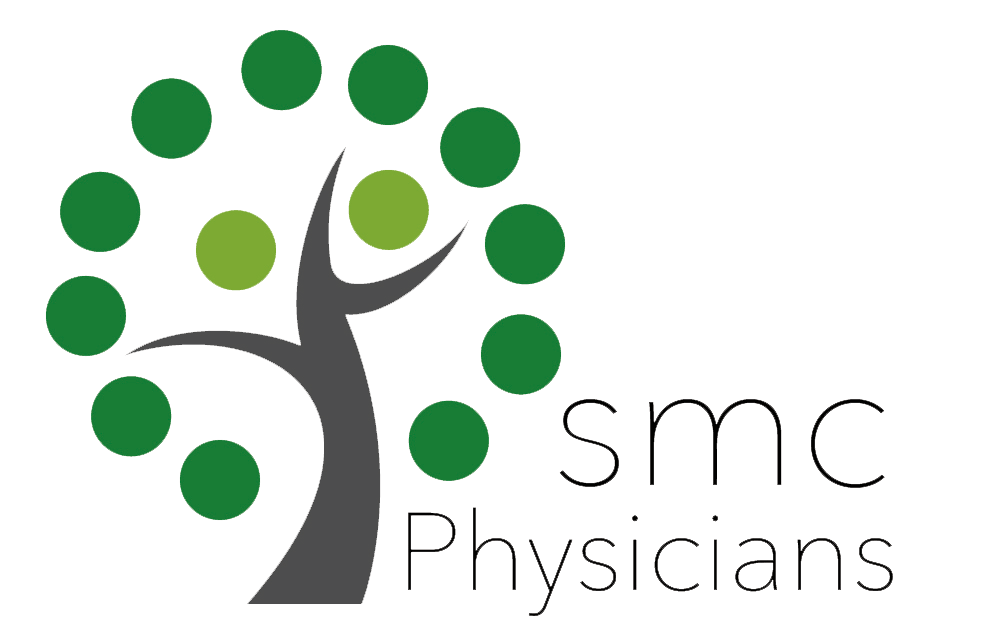Nephrology
Kidney Stones
Kidney stones, or renal stones, are hard deposits that form in the kidneys. These stones can vary in size and composition, ranging from tiny grains to larger, more solid formations. Kidney stones typically consist of calcium oxalate but can also comprise other substances, such as uric acid or struvite (magnesium ammonium phosphate).
Causes of Kidney Stones
When certain substances in the urine, such as calcium or uric acid, become too concentrated, they can crystallize and form stones. Other contributing factors include dehydration, a diet high in sodium or protein, obesity, and certain conditions such as urinary tract infections or gout. Lifestyle factors like a sedentary lifestyle, a diet high in sodium or sugar, and inadequate fluid intake can also contribute to developing kidney stones.
What are the Symptoms of Kidney Stones?
The symptoms of kidney stones vary depending on the size and location of the stone. Small stones may not cause noticeable symptoms and can pass through the urinary tract without complications. However, larger stones can cause severe pain that typically starts in the back and radiates to the lower abdomen. Other common symptoms include:
- Blood in the urine
- Frequent urination
- Cloudy or foul-smelling urine
- Persistent urge to urinate
Diagnosing Kidney Stones
To diagnose kidney stones, our SMC nephrology specialists will perform various tests and procedures. These may include a physical examination, urine analysis to check for blood or other abnormalities, a CT scan or ultrasound to visualize the stones, and blood tests to analyze kidney function and identify potential underlying causes of stone formation.
Treatment Options for Kidney Stones
The treatment options for kidney stones depend on the location, size, and composition of the stones and the severity of symptoms. We may recommend conservative management in cases where the stones are small and able to pass through the urinary tract without complications. This can involve pain management, increased fluid intake to promote stone passage, and medications to facilitate stone dissolution.
Surgical Interventions
In cases where the renal stones are large, causing severe symptoms, or are unlikely to pass on their own, surgical interventions may be necessary. These can involve procedures such as shockwave lithotripsy, which uses sound waves to break up the stones into smaller fragments, or ureteroscopy, where a thin tube is inserted into the urinary tract to remove or break up the stones. In more complex cases, surgical removal of the stones through open surgery may be required.
Can Kidney Stones Be Prevented?
Making specific lifestyle changes can help prevent the formation of kidney stones. These include staying hydrated by drinking adequate water throughout the day, reducing sodium intake, maintaining a healthy weight, and following a balanced diet that includes foods rich in calcium and low in oxalates.
Guarding Your Kidney Health: Next Steps
Kidney stones can cause significant discomfort and complications if left untreated. If you are experiencing symptoms of kidney stones or have a history of kidney stone formation, consult with our nephrology specialists for a proper diagnosis and personalized treatment plan. Taking proactive steps to manage kidney stones can help prevent complications and improve your quality of life.
To schedule an appointment with our Nephrology and Hypertension team, please contact SMC Physicians today for your visit. Prioritizing regular check-ups is crucial for effective monitoring and treatment of your kidney health.
List of Services & Specialities
Our Nephrologists








Our Hospital Affiliations







